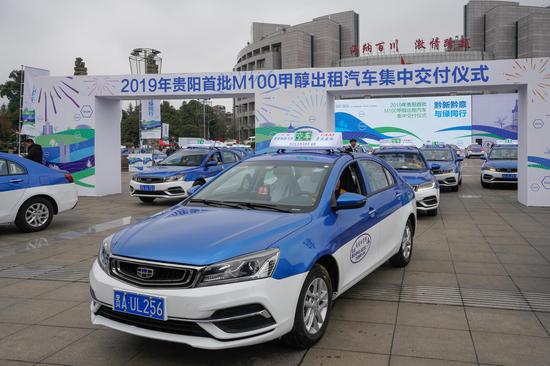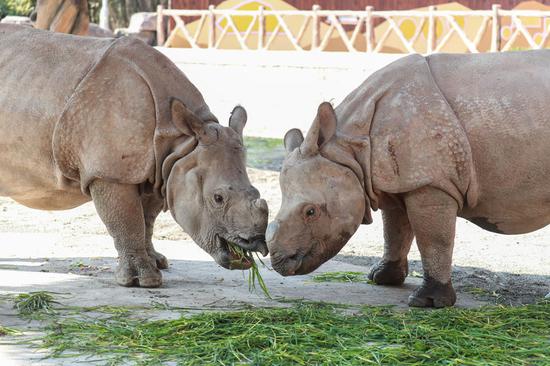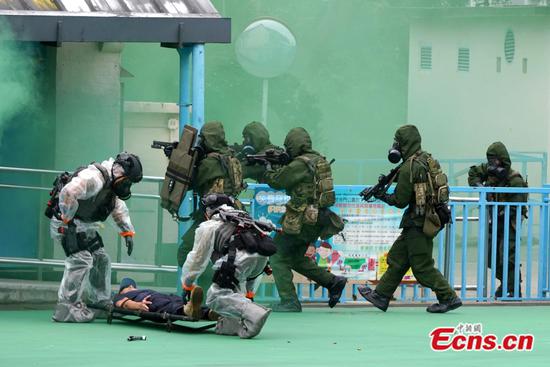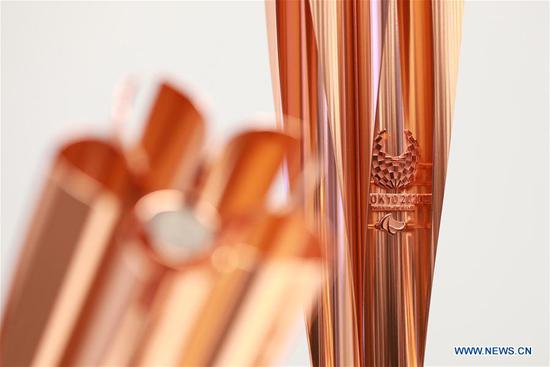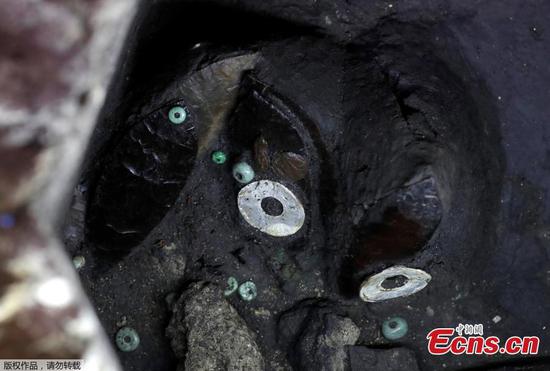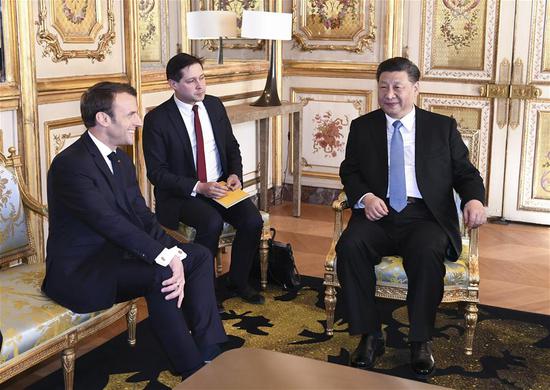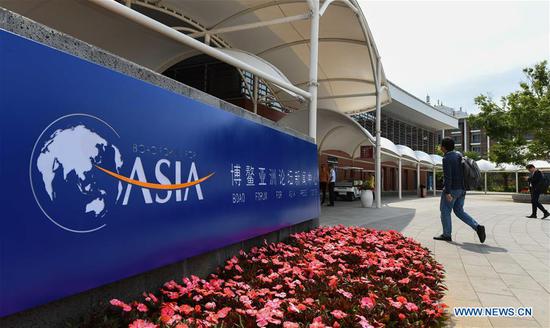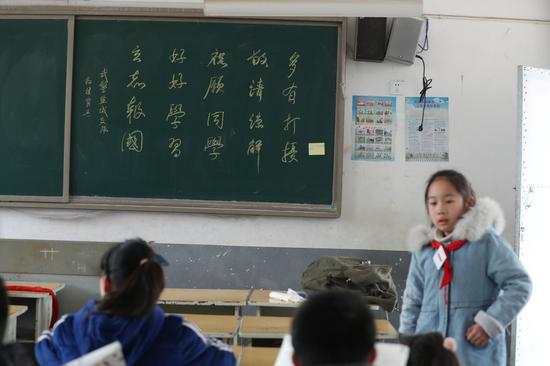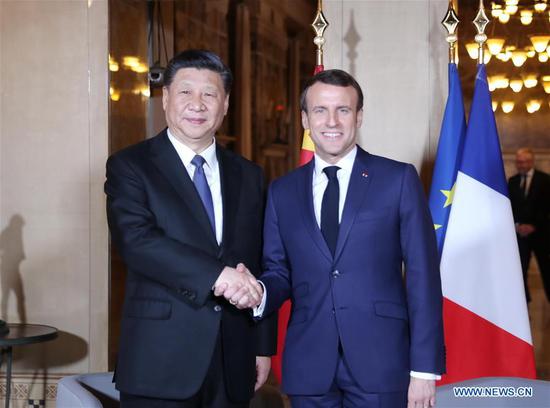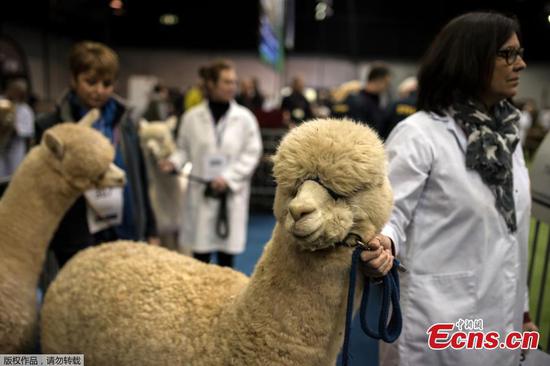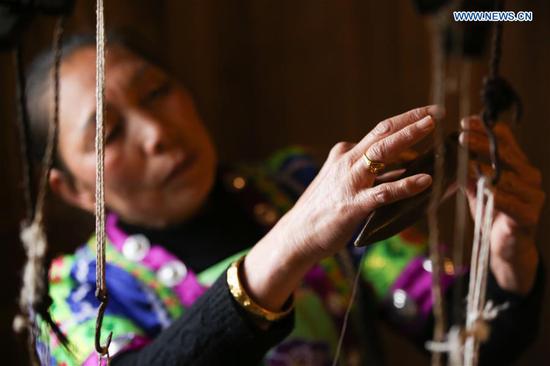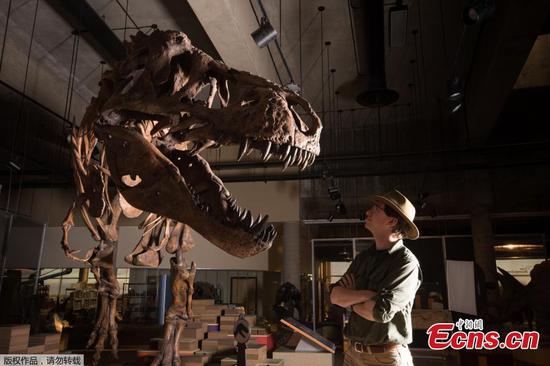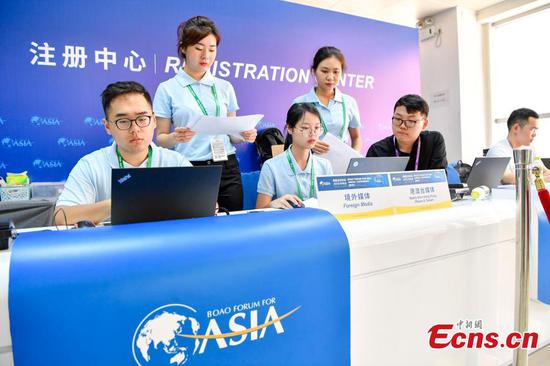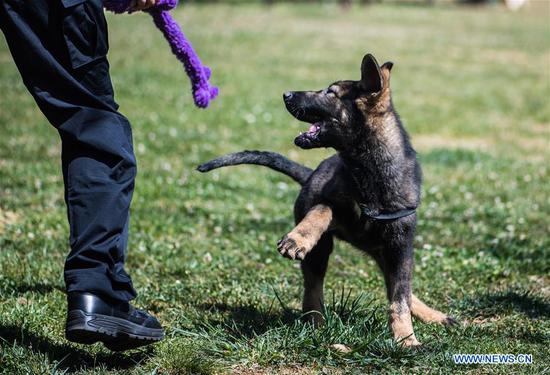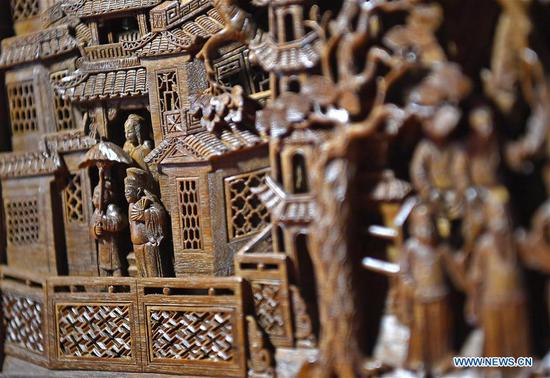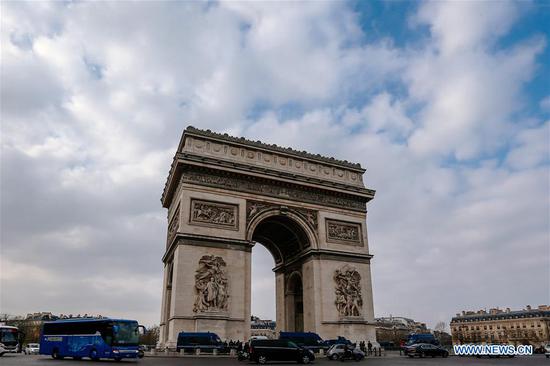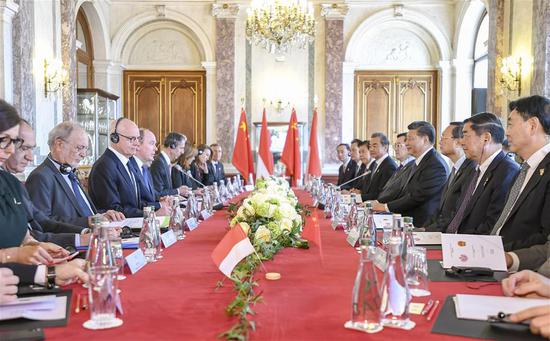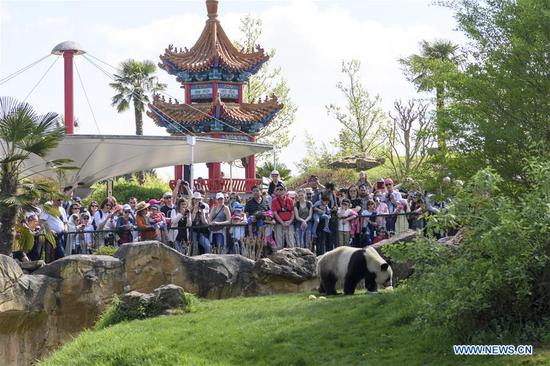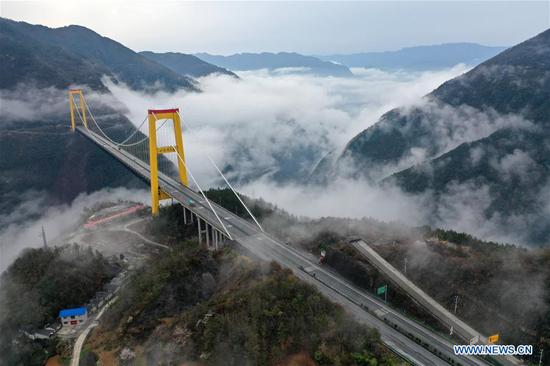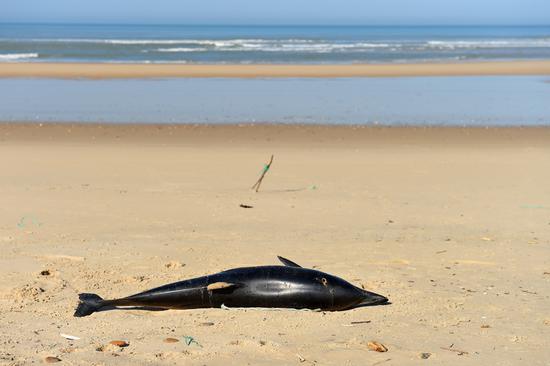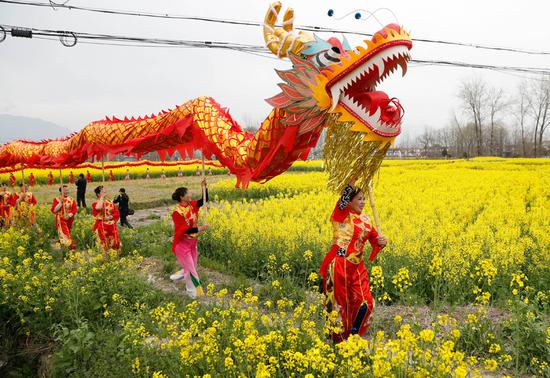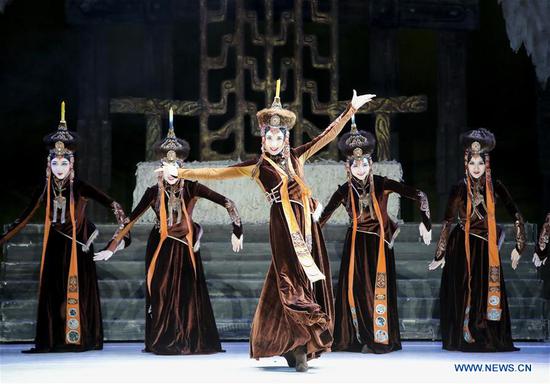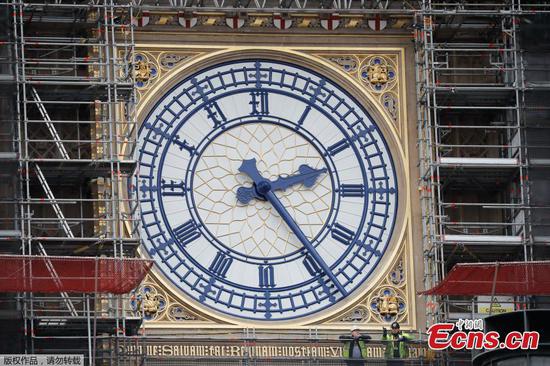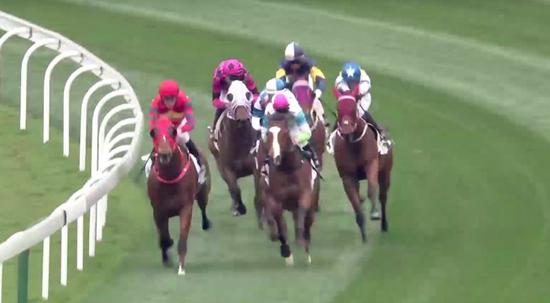Order also reflects rising demand in nation's plane sector
France-based Airbus Monday signed a deal for up to $34 billion worth of aircraft with a Chinese buyer, a blow to Boeing as it hopes to win deals amid recovering trade ties between the China and the U.S.
The higher than expected contract covers 290 aircraft in the A320 family and 10 A350 XWB family aircraft, and the buyer - China Aviation Supplies Holding Co - said the deal is worth about 30 billion euros ($33.95 billion) at list prices.
The latest giant contract awarded by China was in 2017 as U.S. President Donald Trump visited Beijing, when the state buying agency purchased 300 Boeing aircraft worth $37 billion.
China and France have long-term mutually beneficial cooperation in the aviation field and have achieved fruitful results, Chinese Foreign Ministry spokesman Geng Shuang said Tuesday.
He said Airbus has made positive contributions to the growth of the Chinese civil aviation fleet and the modernization of the nation's air transport. Meanwhile, the development of China's aviation industry and market has promoted the growth of Airbus.
China will continue to cooperate with relevant parties in the aviation field in accordance with the development of China's air transport industry and the needs of the market, he added.
The Airbus deal came after the global grounding of Boeing's 737 MAX, after the model had two crashes within five months, killing 346 people in total.
To recover market confidence, Boeing said it will host more than 200 airline pilots, technicians and regulators in a session on Wednesday, in a bid to get the MAX planes back in the air.
In a fresh move, the Civil Aviation Administration of China has suspended its airworthiness certificate for Boeing 737 MAX aircraft, which means that Chinese carriers, at least for now, can't introduce new 737 MAX aircraft.
Wider gap
At present, the ratio of Boeing's 737 MAX and Airbus' 320 neo, in terms of narrow-body orders, is 45:55, and the gap between Boeing and Airbus could widen after this big order, Lin Zhijie, a market observer, told the Global Times on Tuesday.
The A320 neo is regarded as a direct rival of the Boeing 737 MAX.
Wang Yanan, chief editor of Aerospace Knowledge magazine, denied claims that the Airbus orders were made to replace the Boeing series after the crashes. "Plane deals like this would have been studied for months - long before the crash happened in March - and Chinese authorities must have made calculations based on the demand of different airlines in China," Wang told the Global Times.
Industry experts pointed out that the move is a result of rising demand in China, which has become one of the largest markets in the world. The International Air Transport Association forecast in October 2018 that China will displace the U.S. as the world's largest aviation market in the mid-2020s.
"The deal reflects the strong demand in all market segments including domestic, low-cost, regional and international long-haul from Chinese carriers," Airbus said in a note sent to the Global Times.
To gain more orders, the two global plane producers have both opened factories in China.
Airbus' Tianjin factory delivered its 400th A320 series aircraft last year, and the factory has now started to deliver A330 aircraft.
Boeing last year delivered the first 737 MAX jet from its plant in Zhoushan, East China's Zhejiang Province, the first such Boeing facility outside the U.S..
Airbus forecast that China will need some 7,400 new passenger and cargo aircraft by 2037. That would represent more than 19 percent of the world's total demand for more than 37,400 new aircraft.
As of end-January, the in-service Airbus fleet of Chinese operators stood at some 1,730 aircraft, of which 1,455 were from the A320 Family, and 17 were A350 XWB Family planes, Airbus said.
Wang said that the crashes will of course exert some influence on the global aviation industry, but the influence would only be "short-term."
"Sales of Airbus and Boeing planes have long been neck-and-neck. Out of concerns over Boeing's 737 Max series, Airbus might win a bit more in both China and the global market. Meanwhile, Boeing might also face a huge amount of compensation due to the crashes," Wang said.
How much impact the crashes will have on Boeing in the long run depends on the investigation results, the specific problems of the aircraft, and to what extent Boeing can fix the aircraft, said Lin, the market observer.
"A giant like Boeing will not be simply toppled by a single incident," Wang said.









